Report this entry
More from the same community-collection
Alfred Kleyhauer, Carnegie Library 1910 - El Paso, Texas
Alfred and Annie Kleyhauer, my grandparents, lived in El Paso ...
Annie Kleyhauer, 417 N. El Paso St, 1910
Annie on the porch of their rooming house at 417 N. El Paso St ...
Alfred and Annie Kleyhauer with Puppy c. 1910
Alfred and Annie Kleyhauer, my grandparents, with their puppy ...
Alfred Kleyhauer with Puppy c. 1910
Crawford's Theater in background. Alfred Kleyhauer with puppy ...
Annie Kleyhauer, Puppy, 417 N. El Paso St 1910
Puppy leaning on my grandmother, Annie Kleyhauer. She and ...
El Paso Kennel Club Medal 1910 Reverse
Alfred Kleyhauer showed his Dalmatian dog in the El Paso Kennel ...
El Paso Kennel Dog Show Program 1910
Alfred Kleyhauer showed his Dallmatian Dog in the 1910 El Paso ...
El Paso Kennel Club Dog Show Program 1910
Alfred Kleyhauer showed his Dalmatian Dog in the 1910 El Paso ...
Alfred Kleyhauer at Poodle Dog Barber Shop c. 1910
We believe this is the Poodle Dog Barber Shop, at 318 San ...
Consulate General of Mexico - Mini Digie
Opening Reception - June 28, 2016 - 12:00pm Mini Digie will ...
Molina Healthcare Helping Hands and Dr. Cleo
April 23, 2016 First Book Distribution Family Festival at ...
Tom Lea standing in front of the Pass of the North mural - 1938
Tom Lea in front of the Pass of the North mural, 1938 Often ...
W.S. Hills Building - El Paso, Texas
In 1936, Tom Lea had his studio in the second floor of this ...
El Paso Vietnam Veterans - 2016
El Paso, Texas: City Rep. Acosta, Dist. 3, Chair for the Welcome ...
Welcome Home El Paso Vietnam Veterans - 2016
Photograph - families uploading photographs of Vietnam Veterans. ...
FRANCISCO VILLELA & LEONARDA (LEONOR) OCHOA de VILLELA
OUR GREAT GRANDPARENTS ON MY FATHER'S SIDE - FRANCISCO VILLELA ...
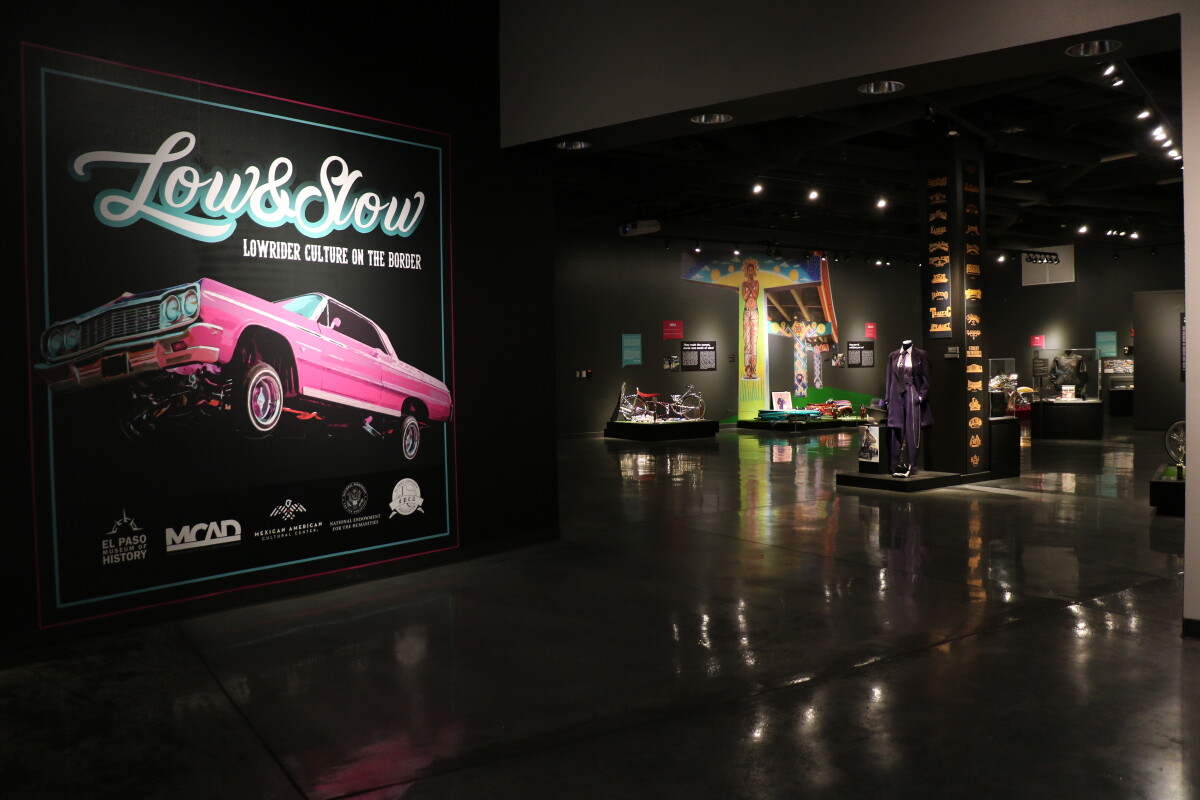
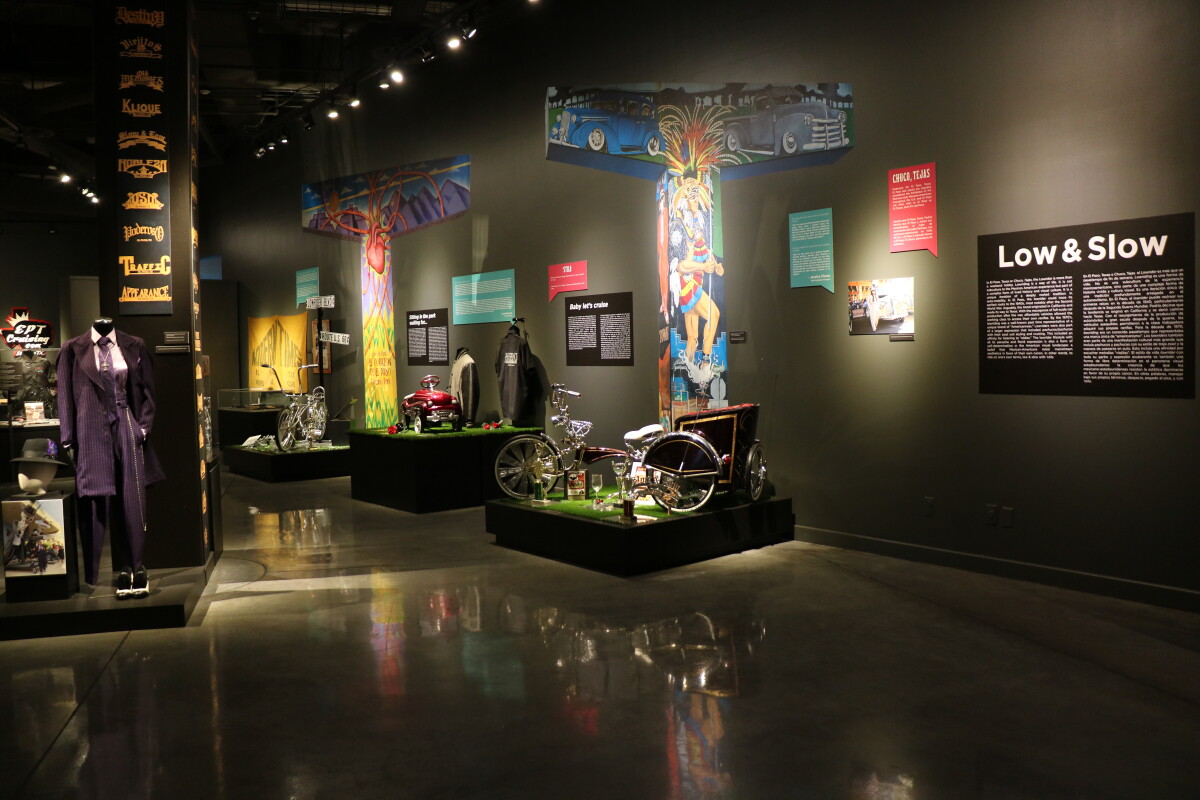
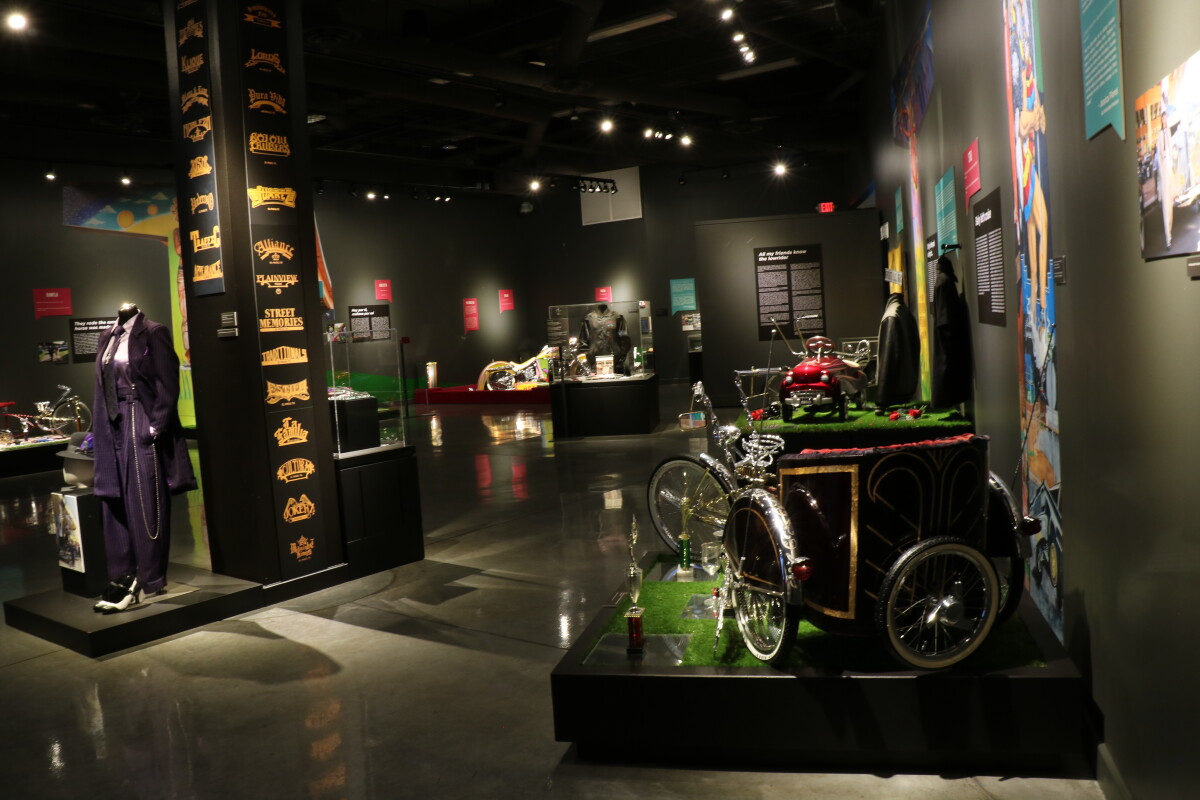
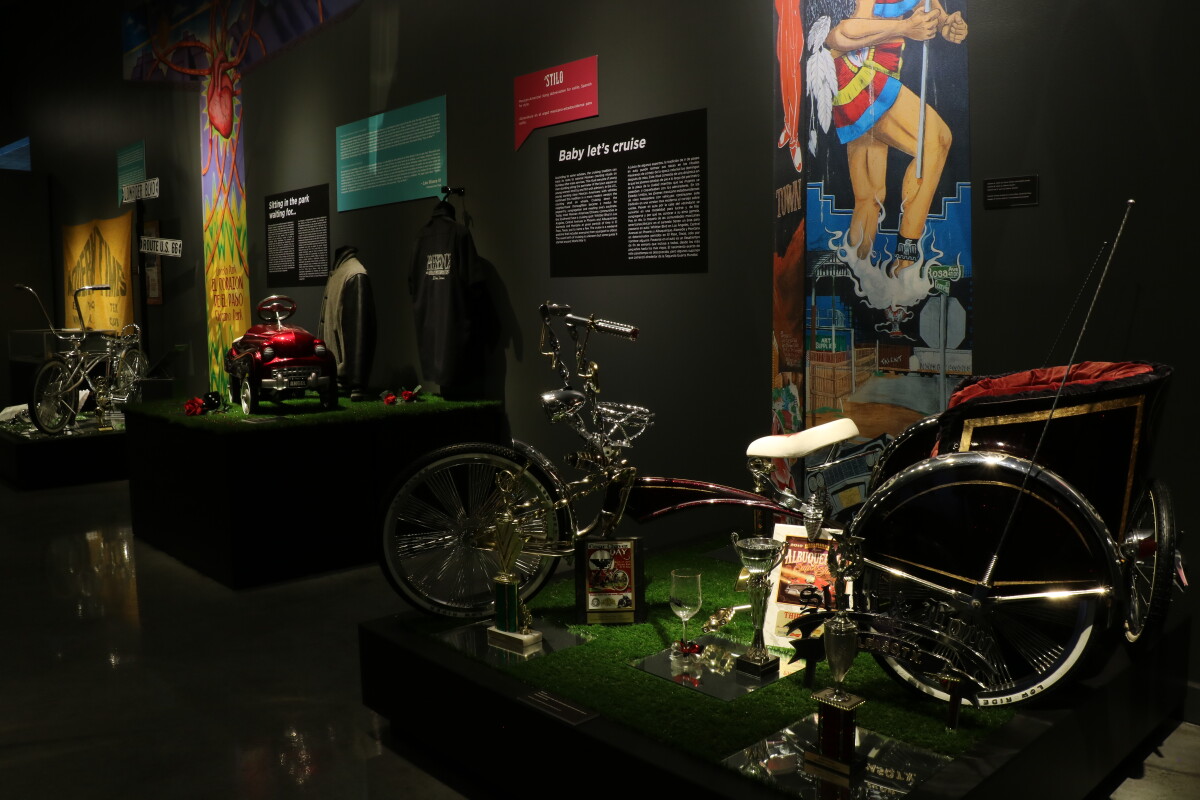
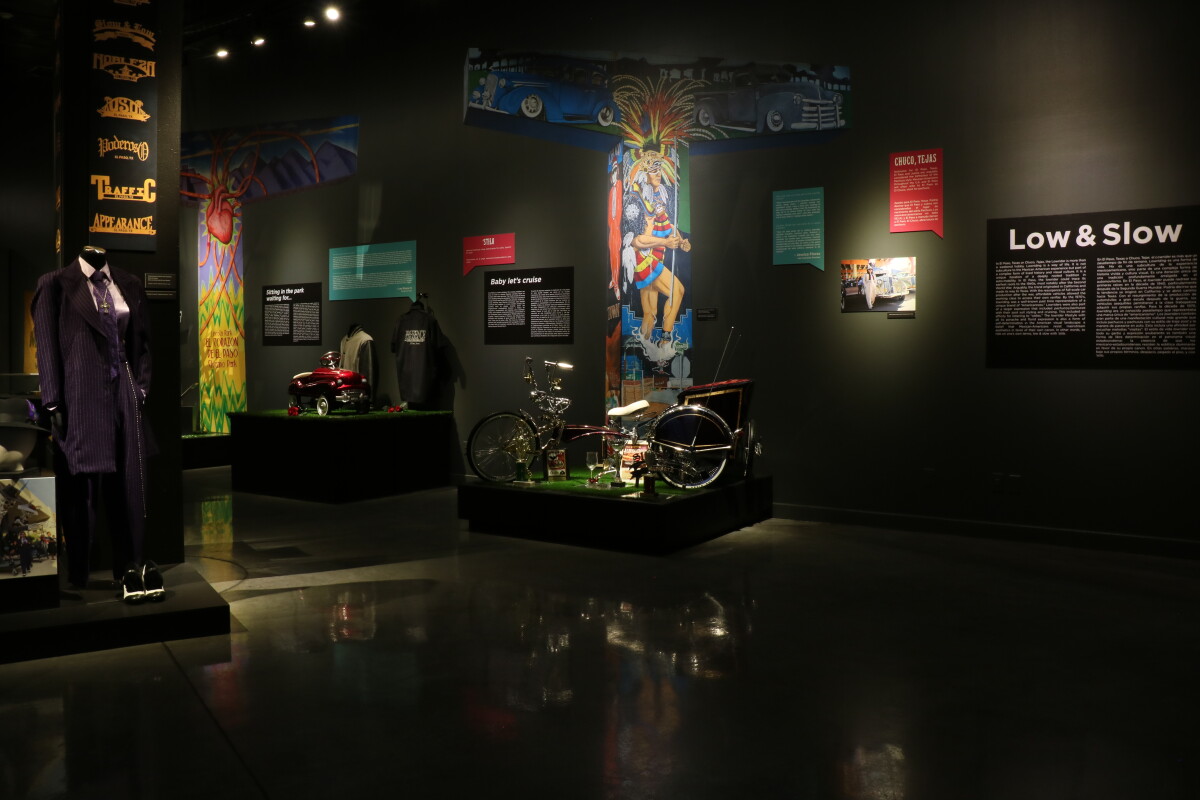
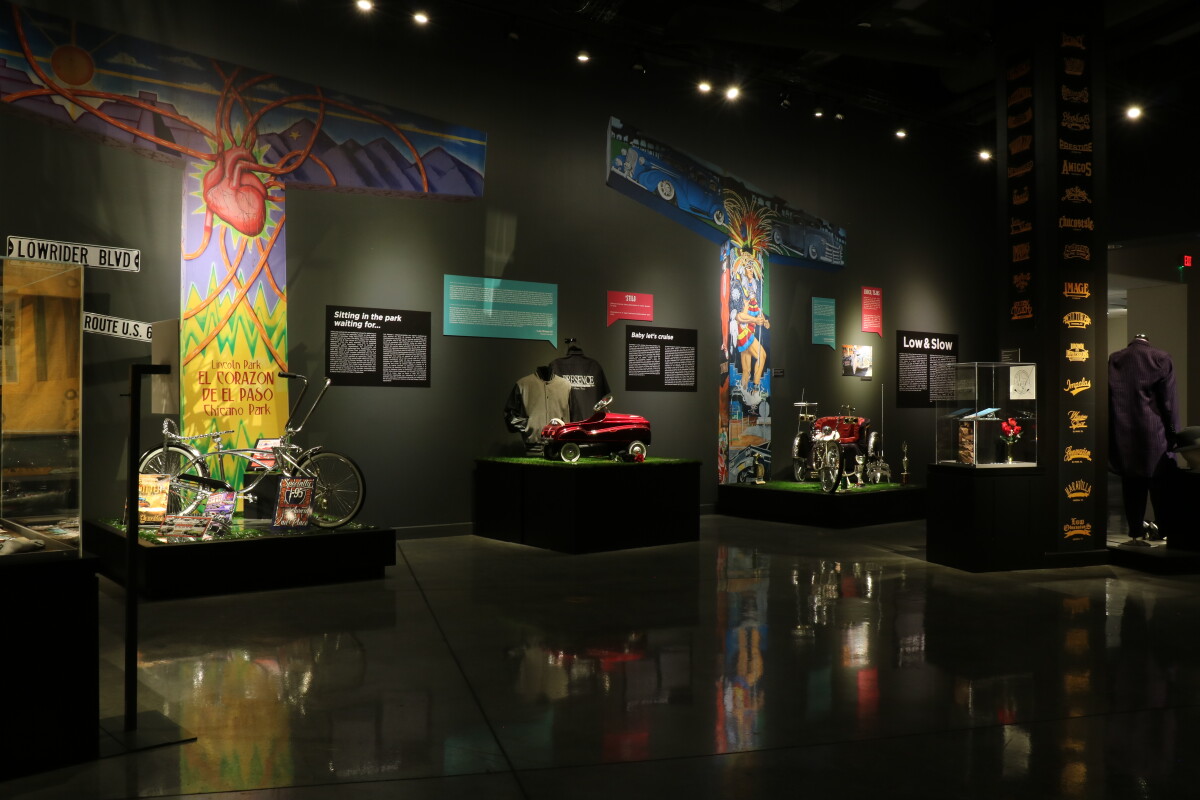
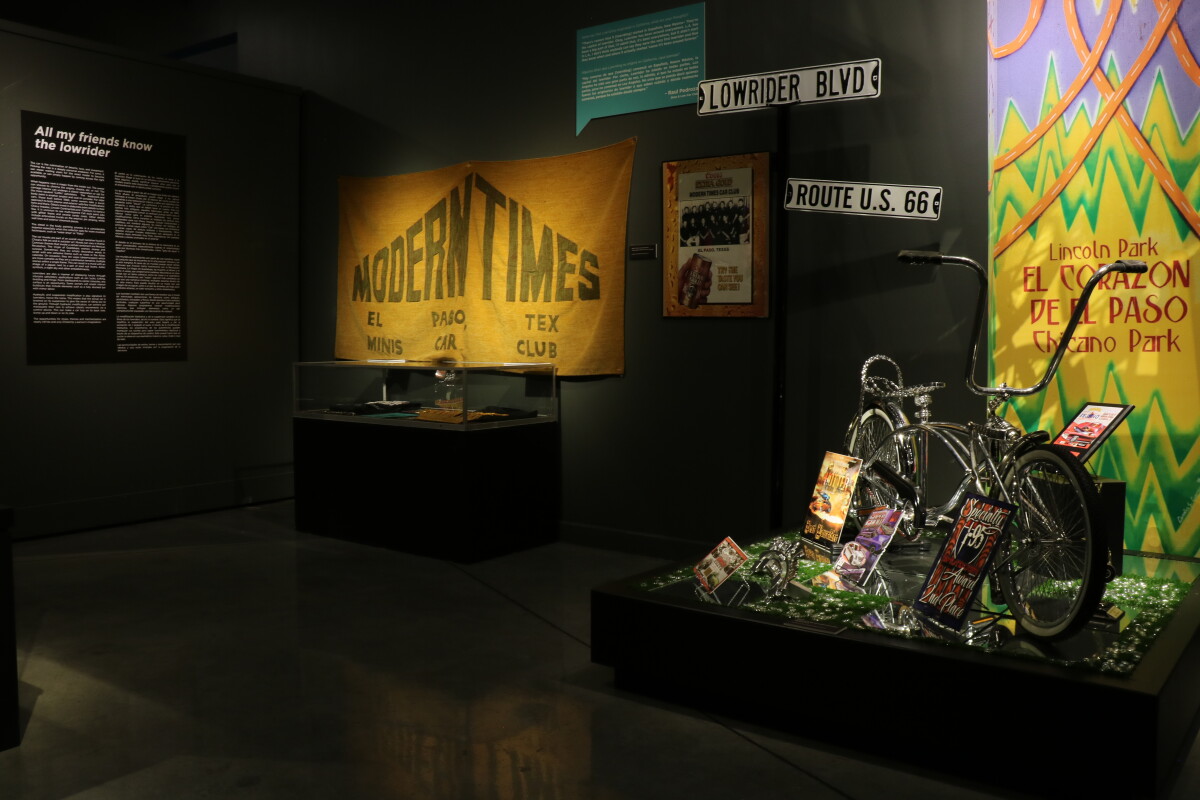
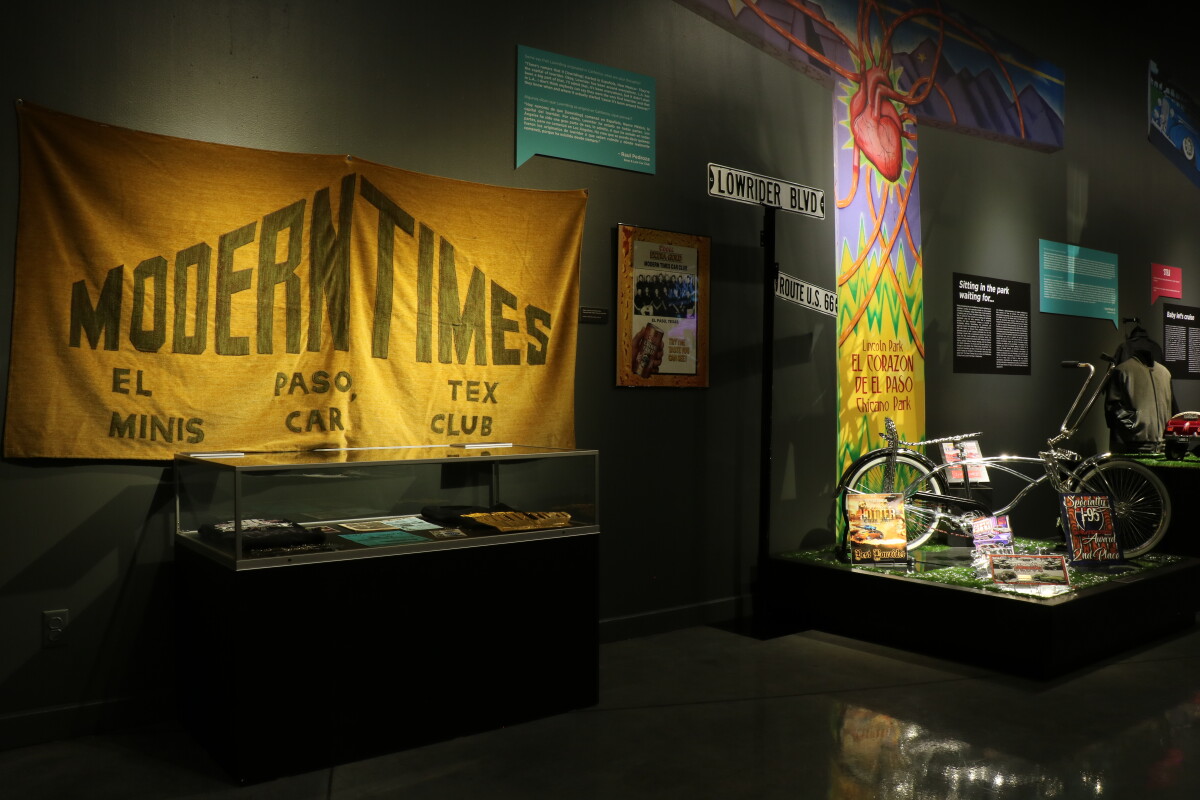
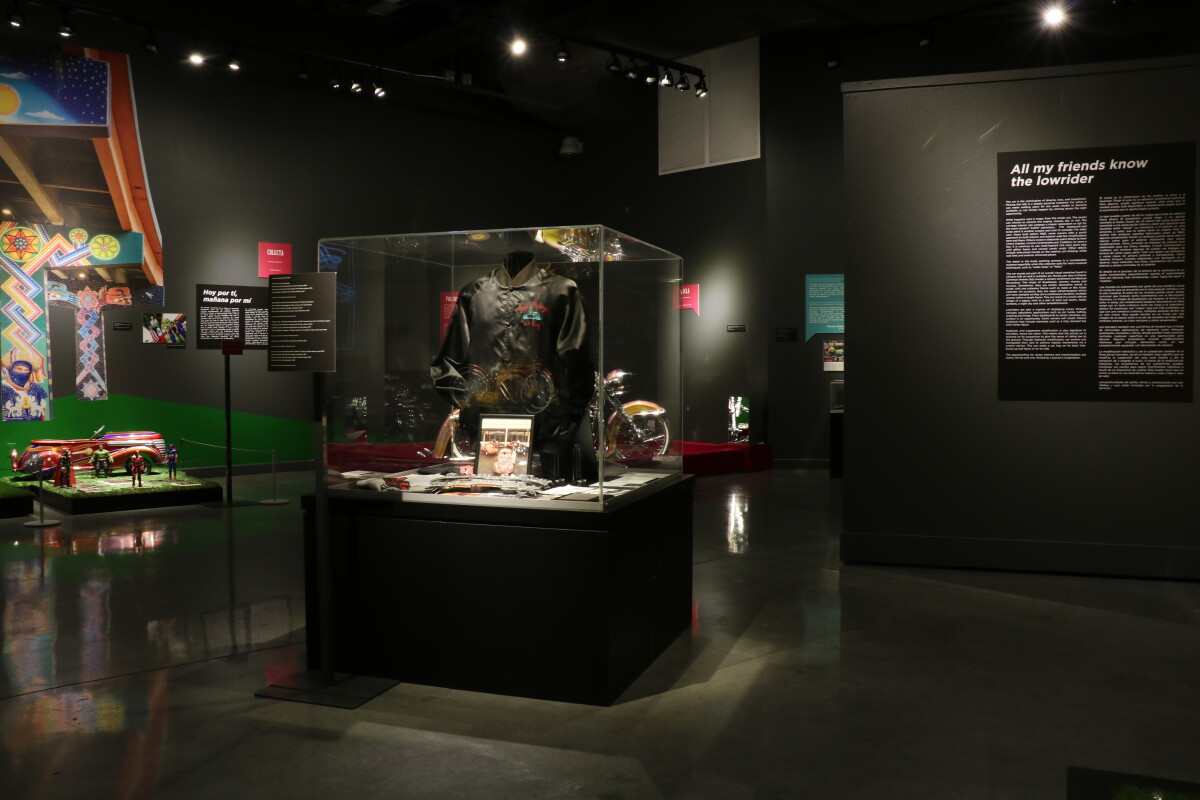
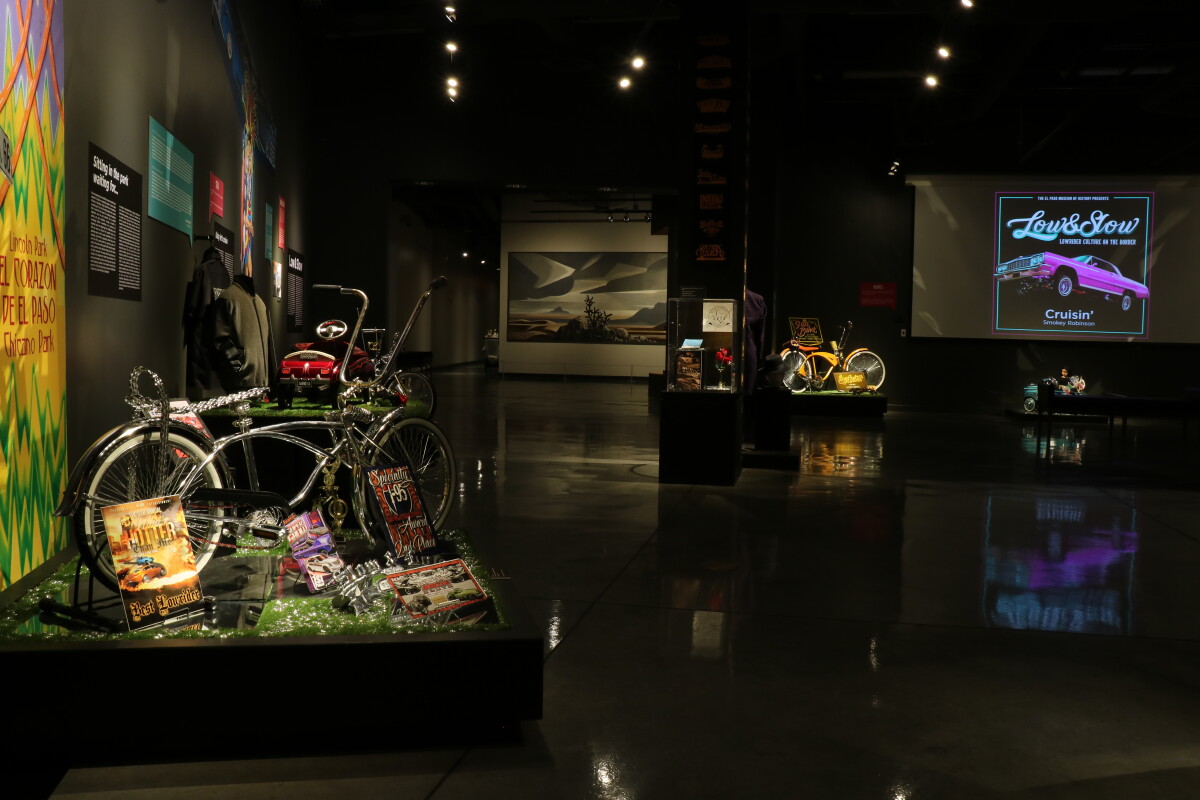
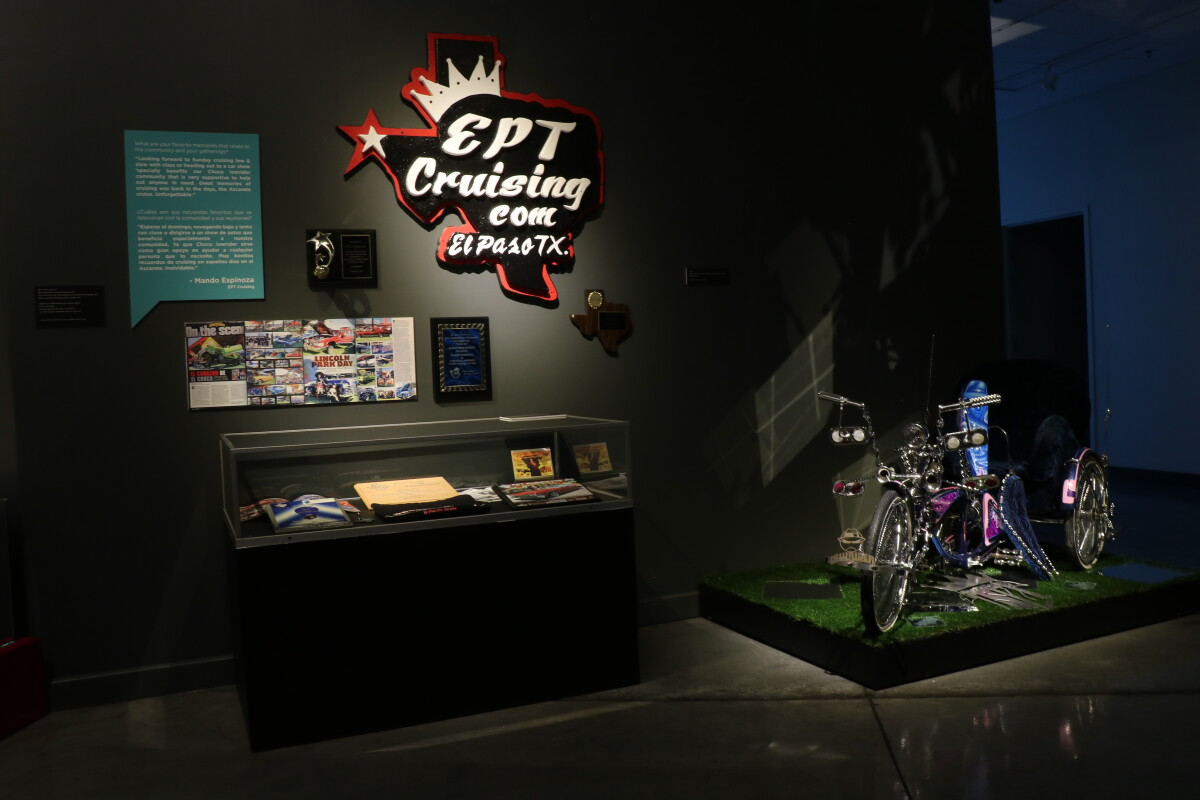
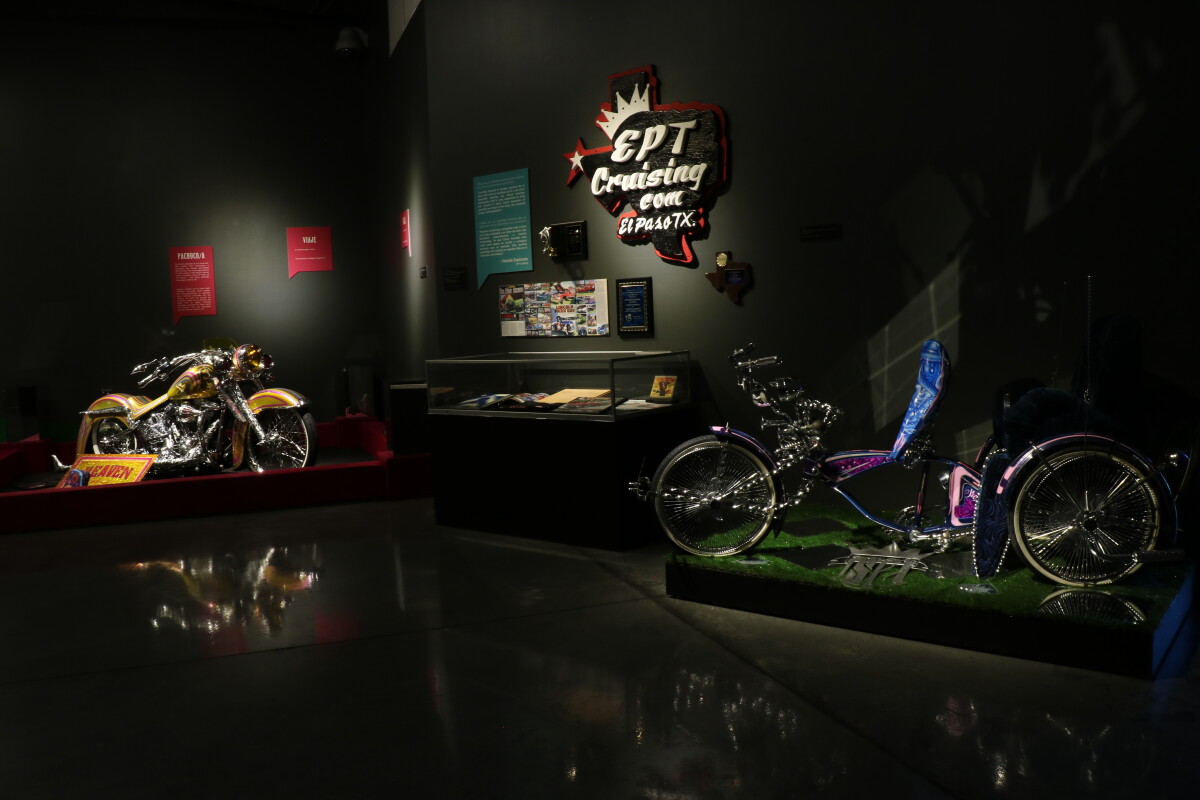
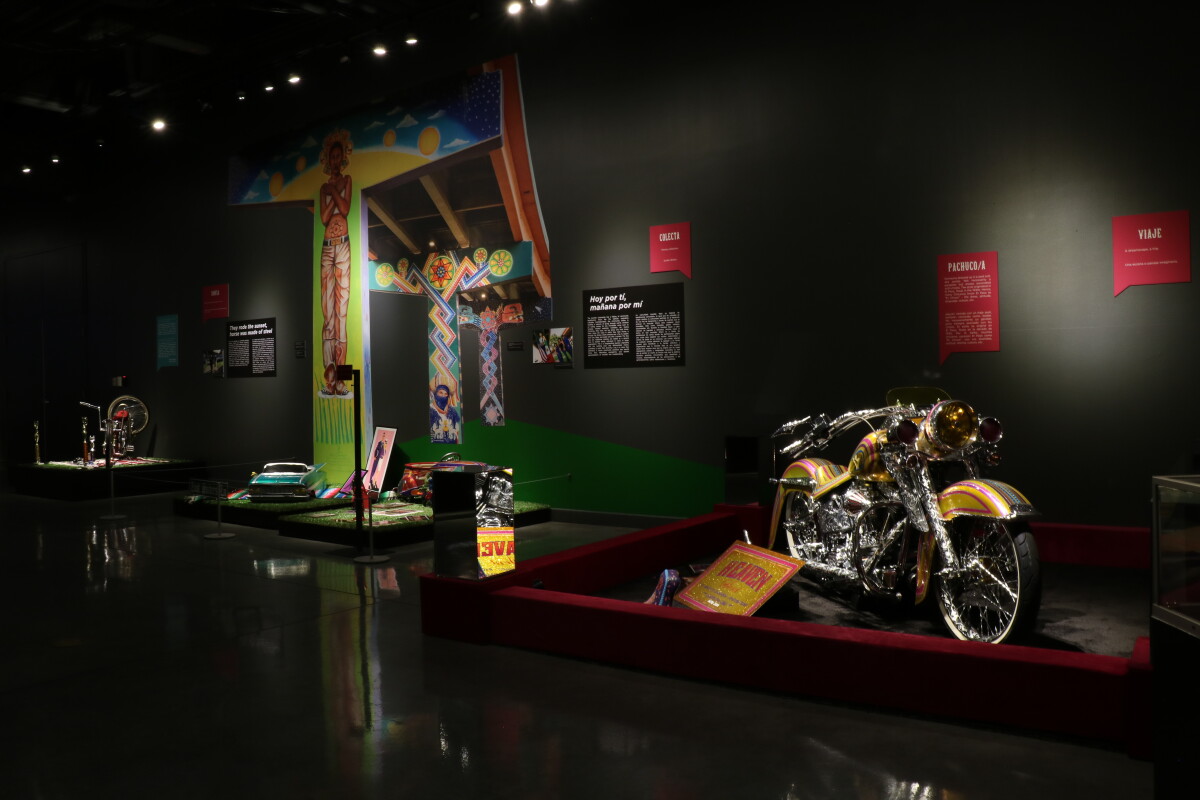
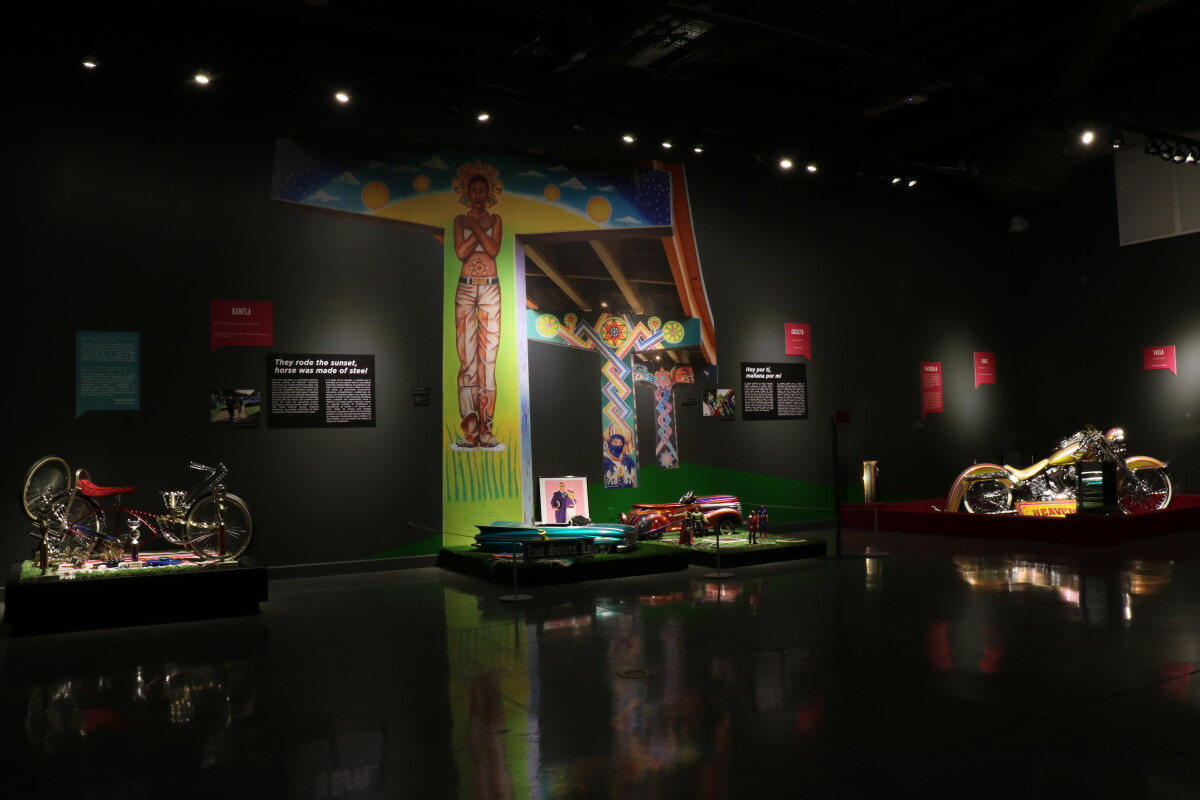
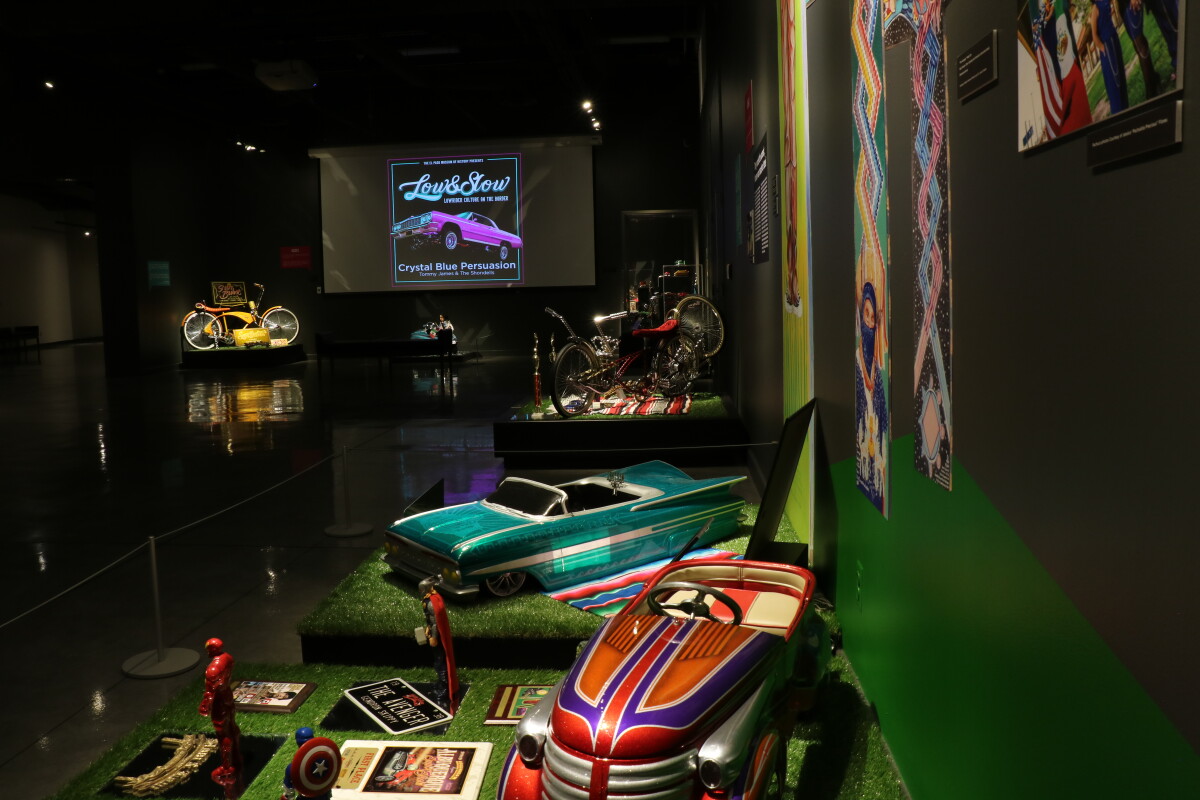
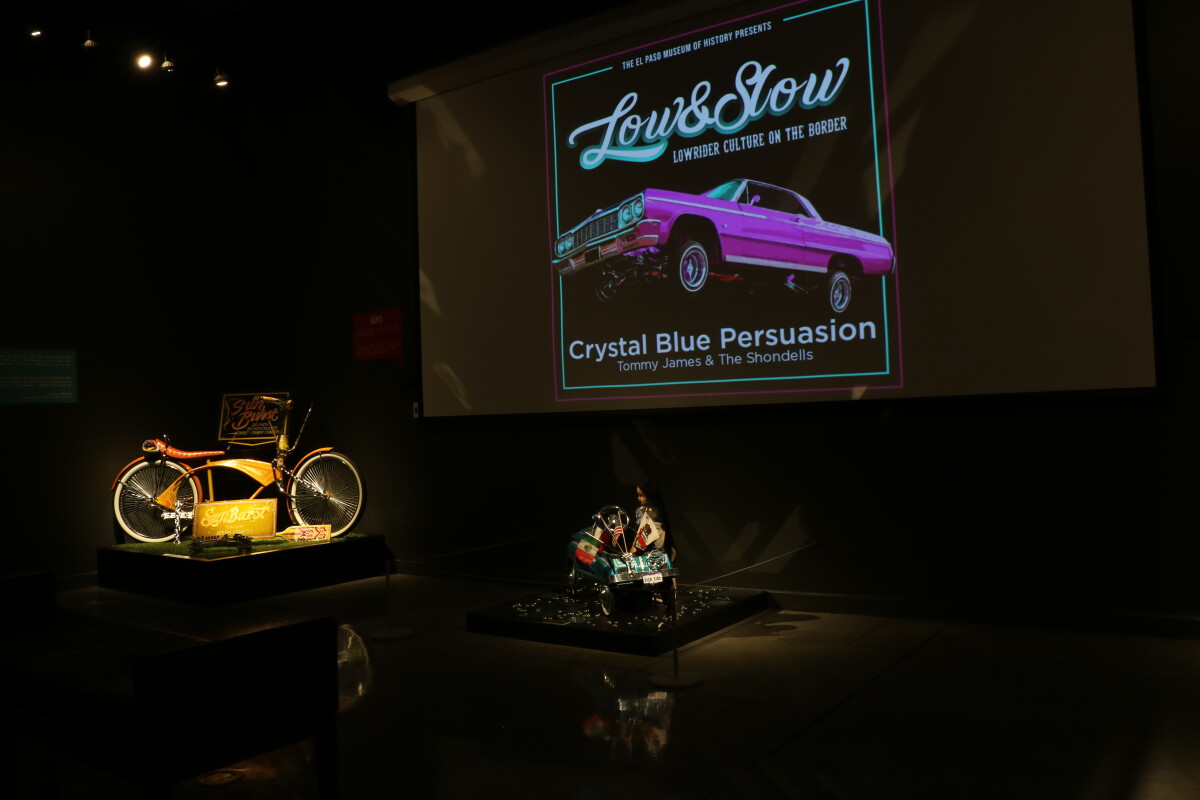
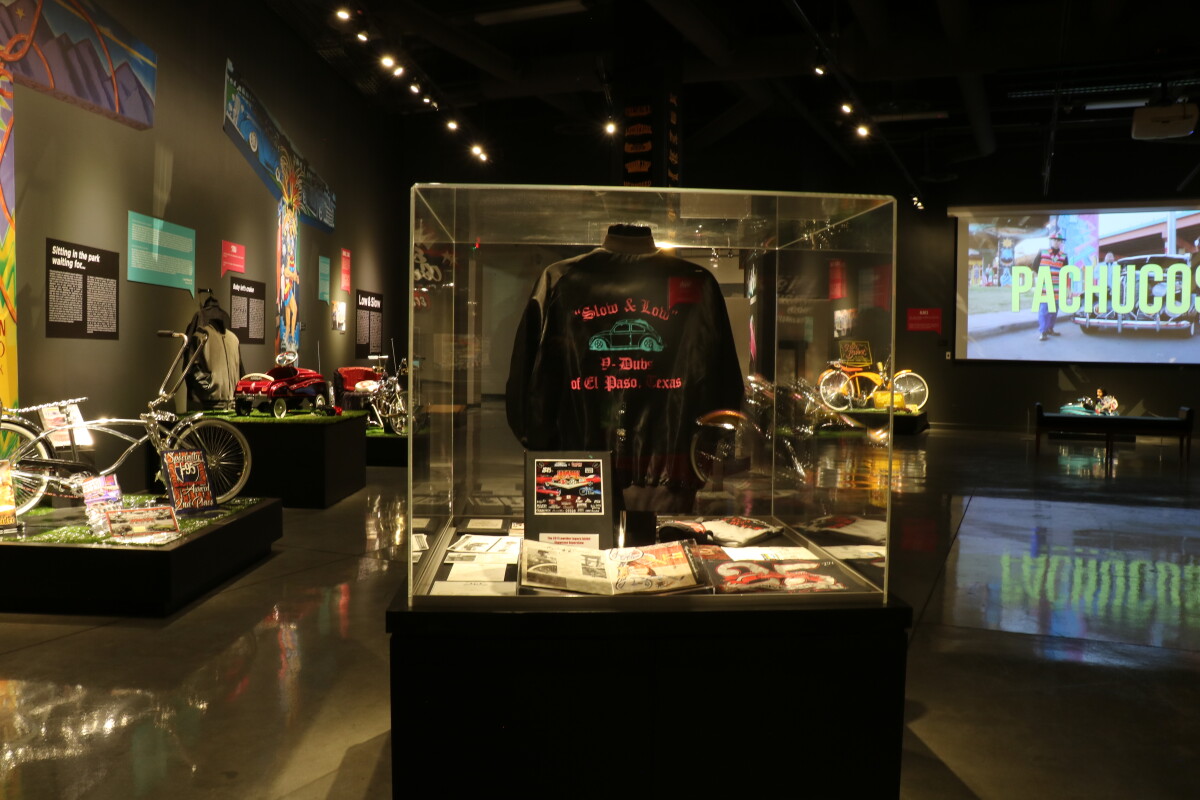
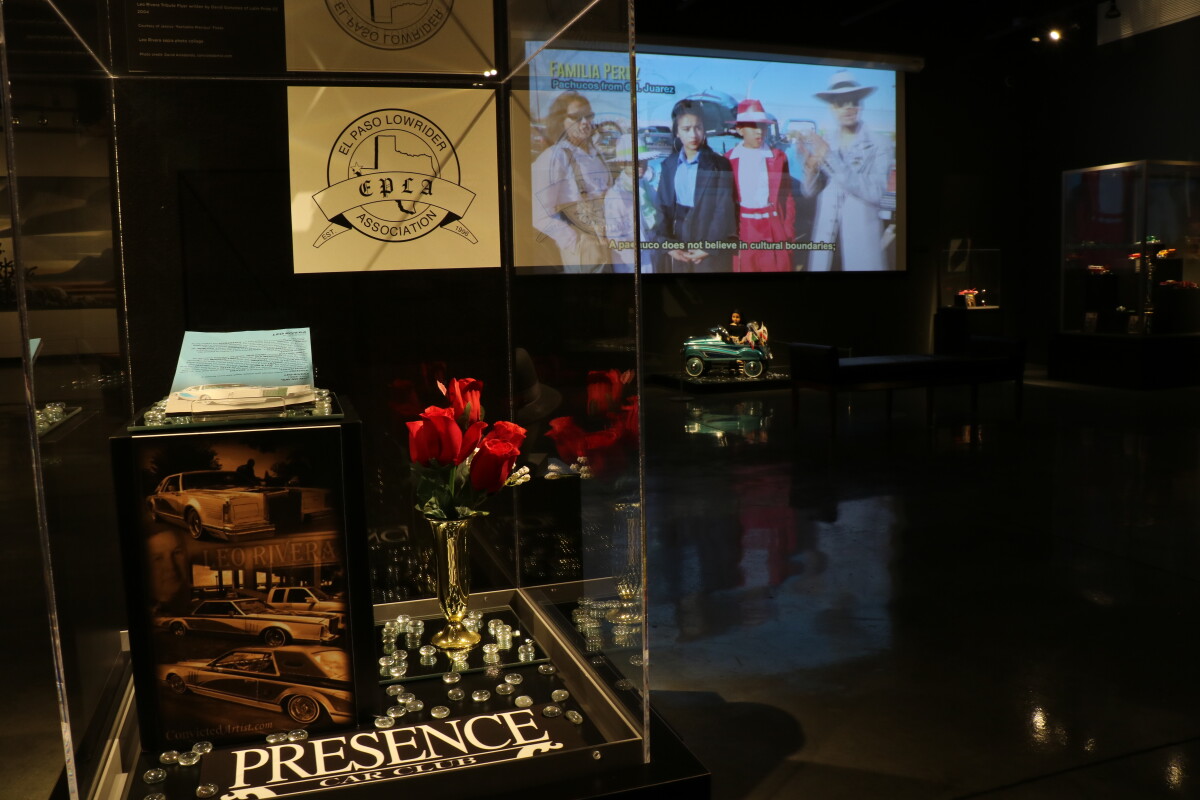
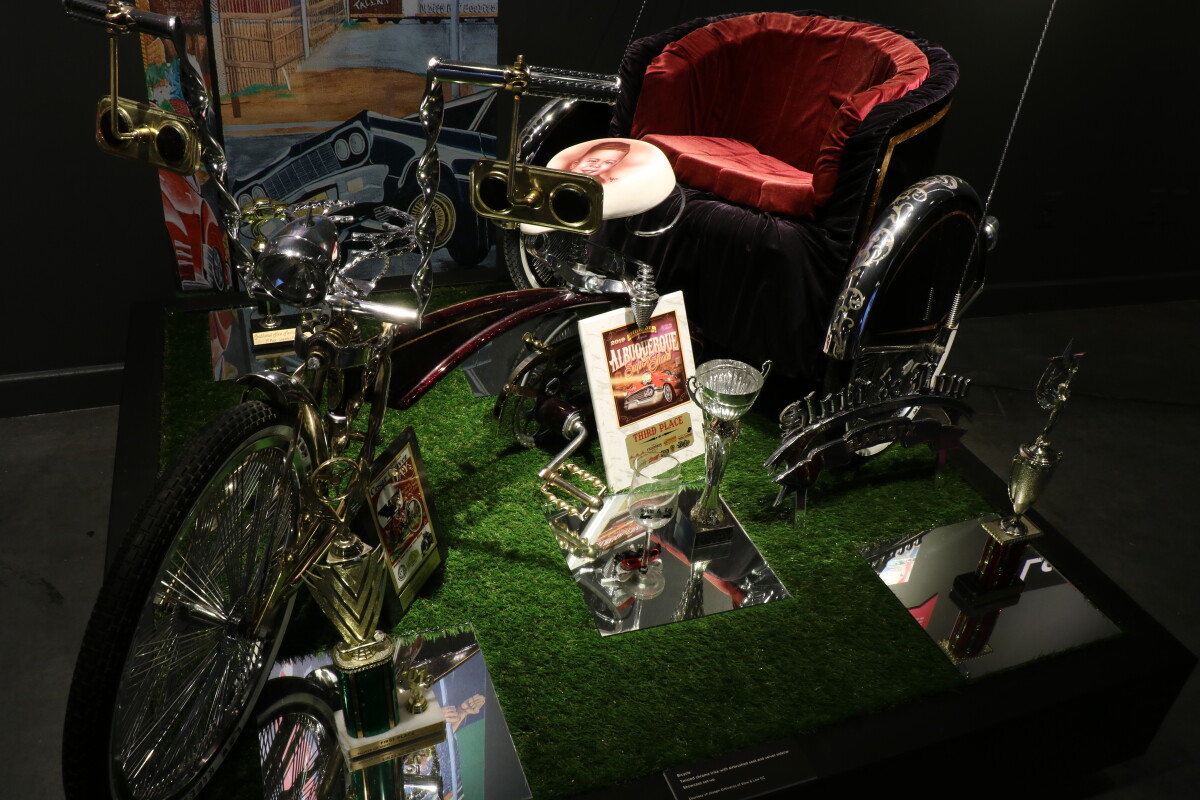
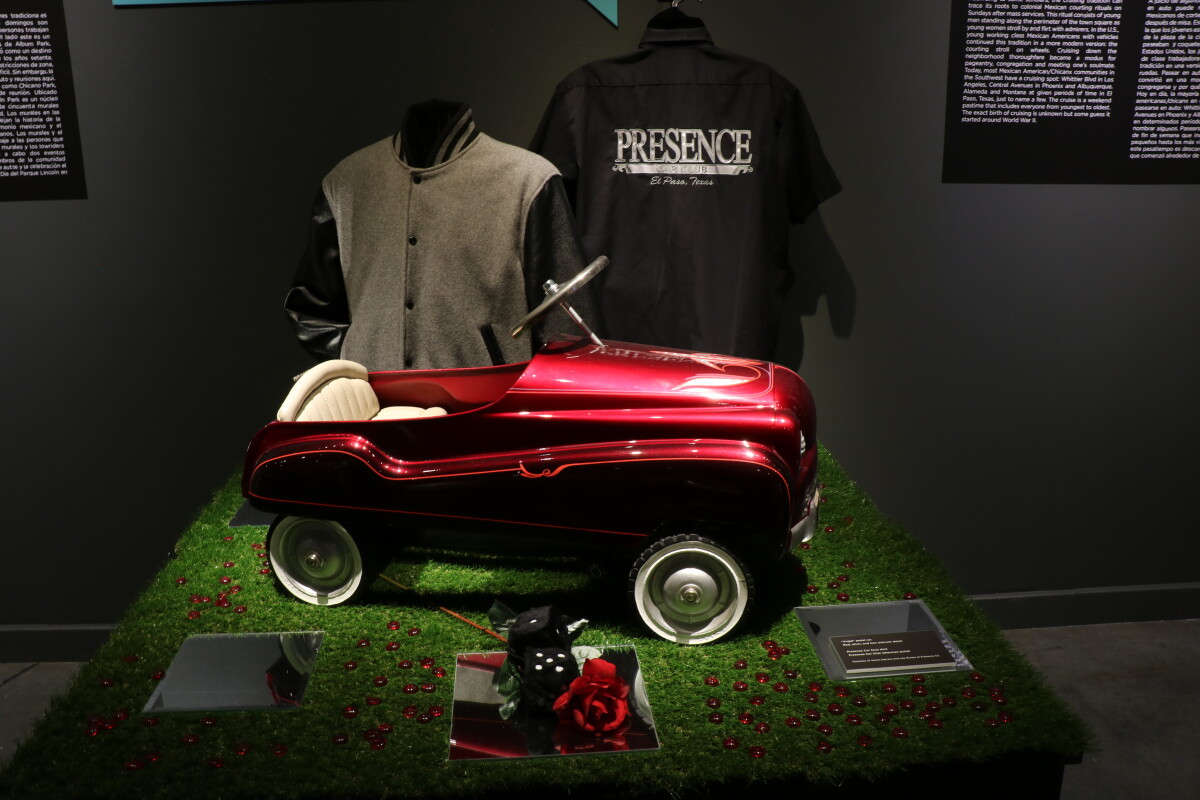
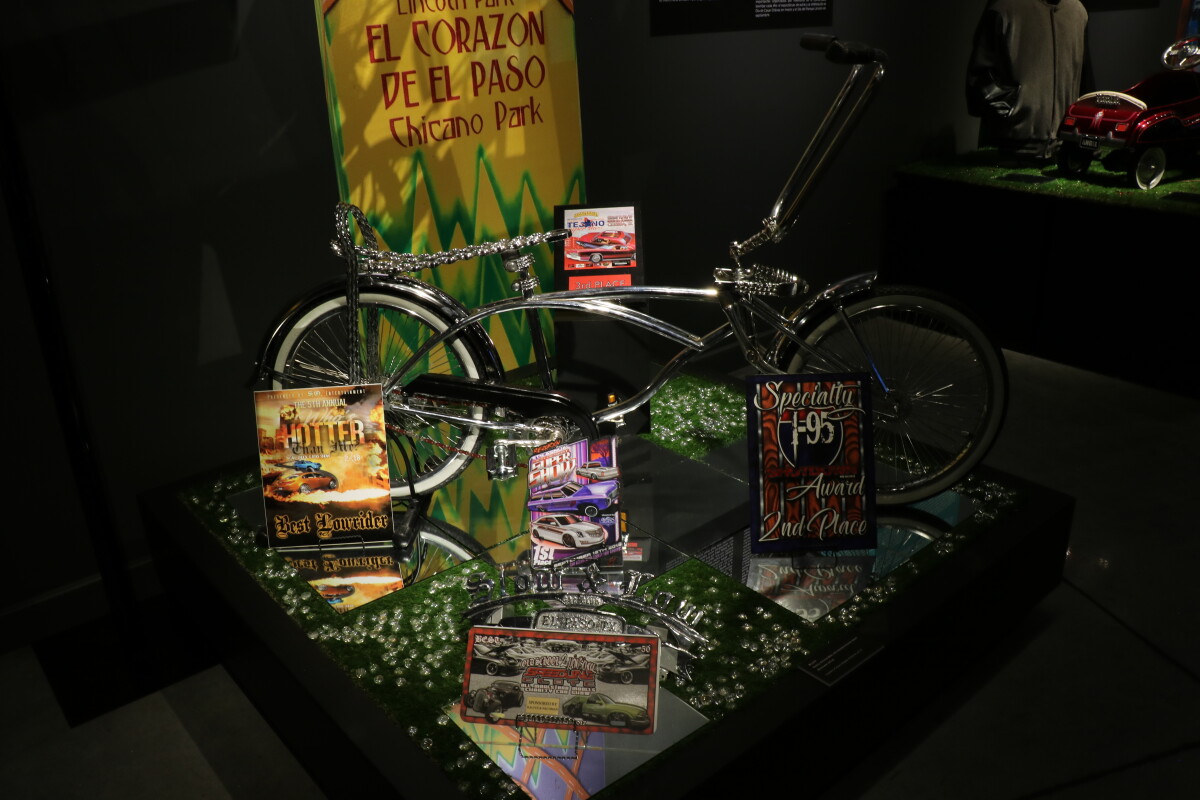
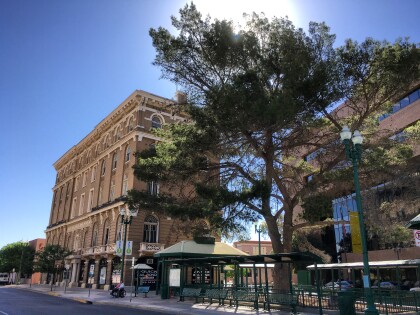
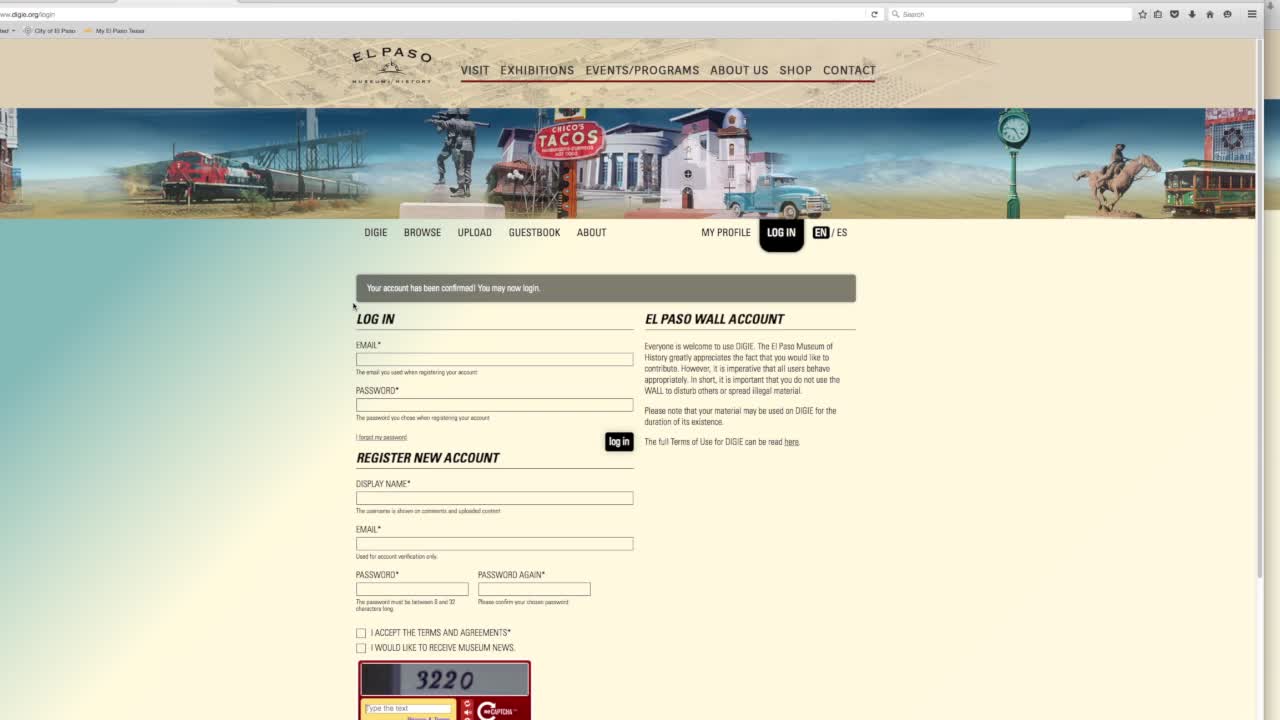
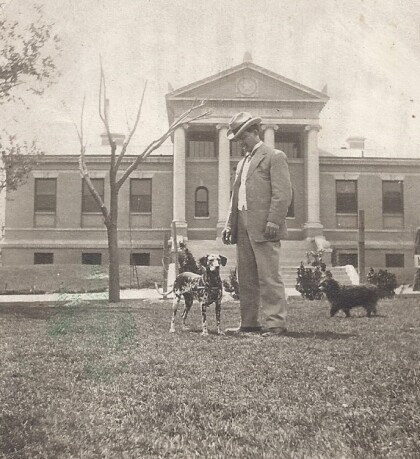
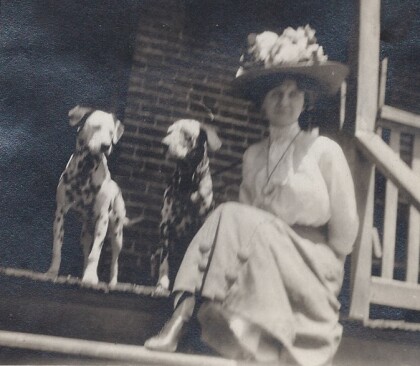
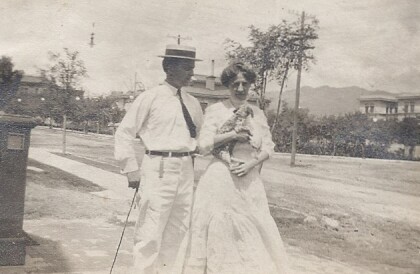
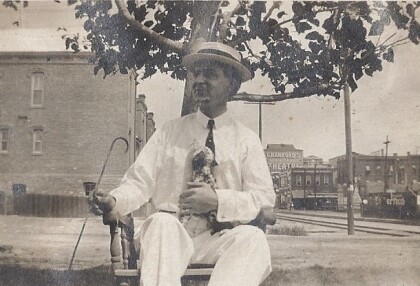
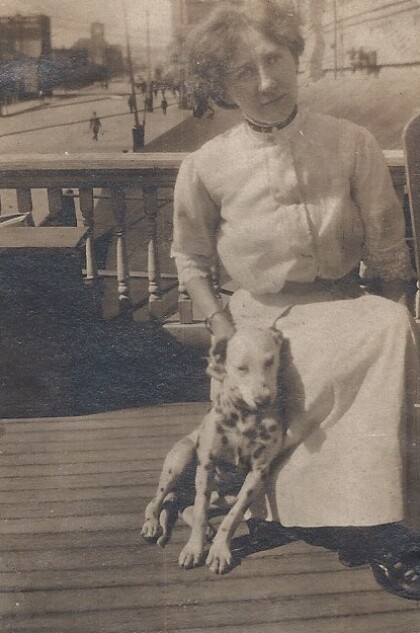
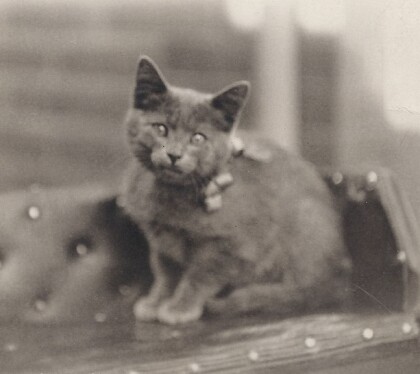
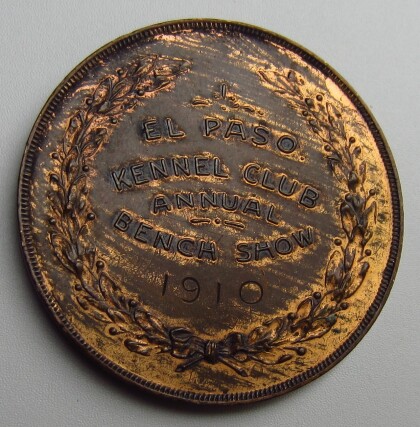
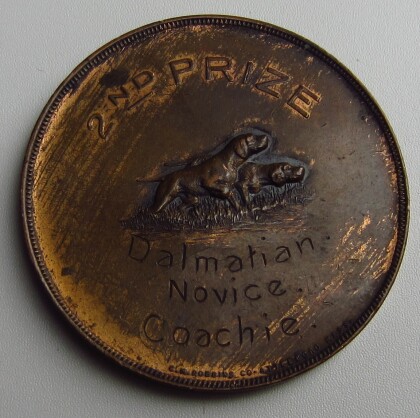
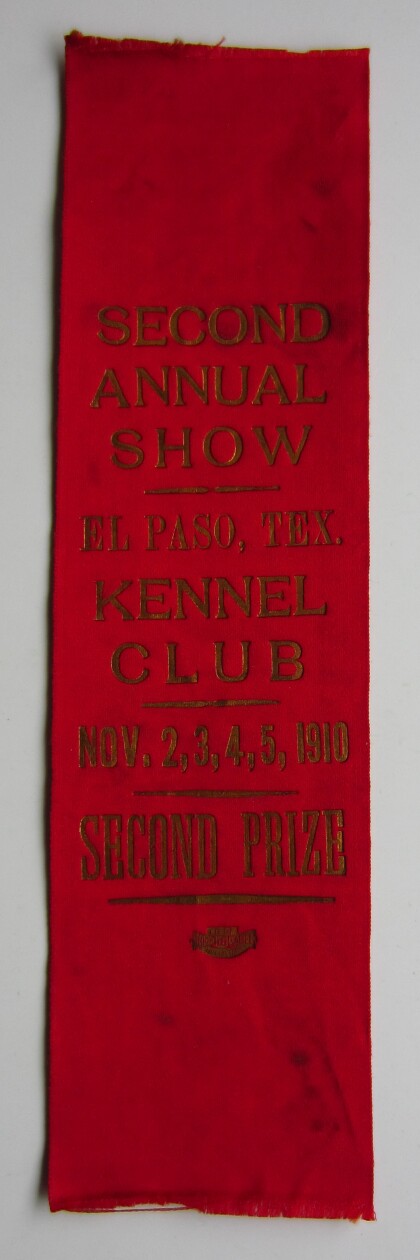
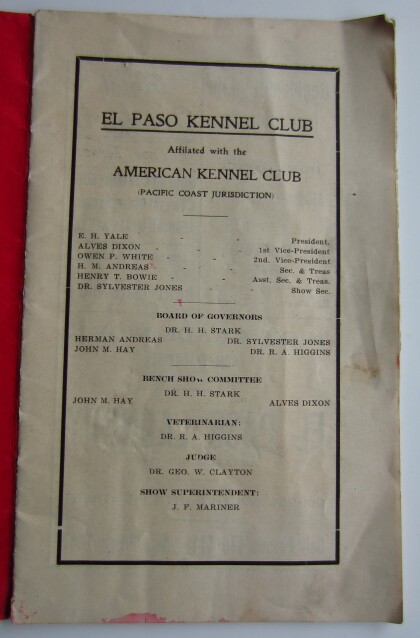
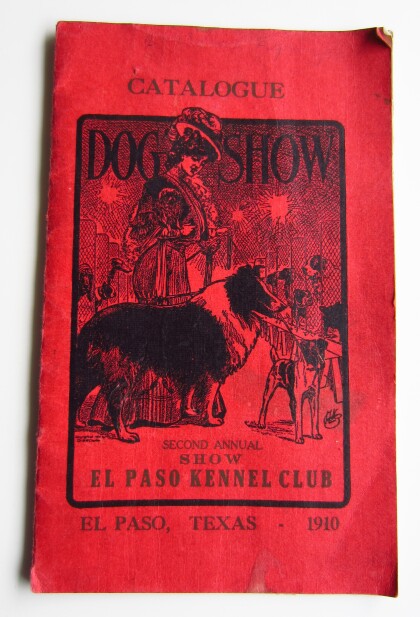
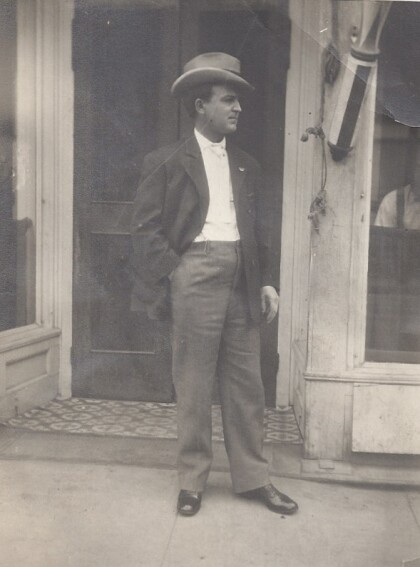
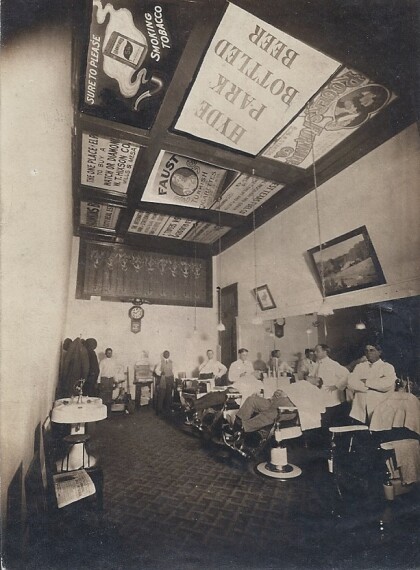
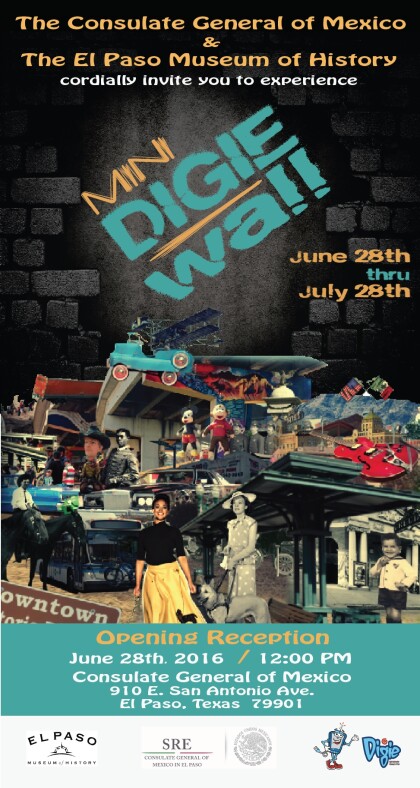

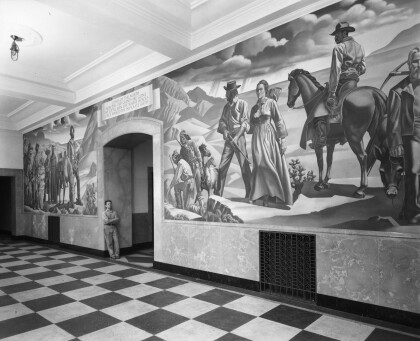
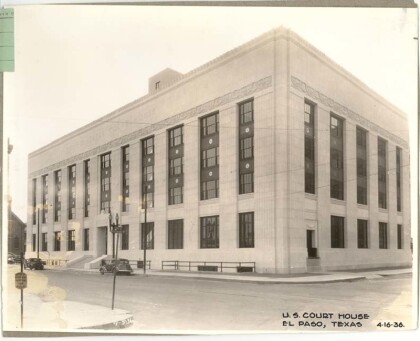
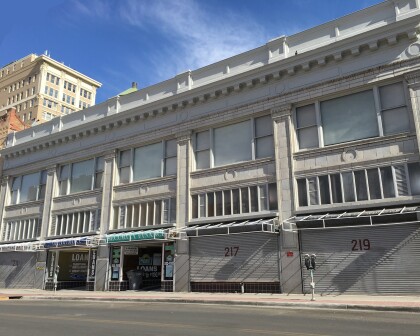
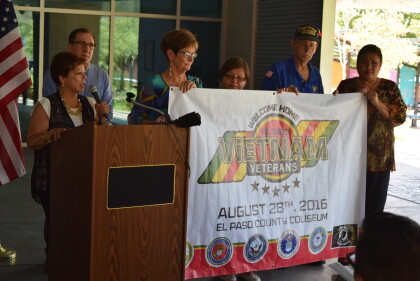
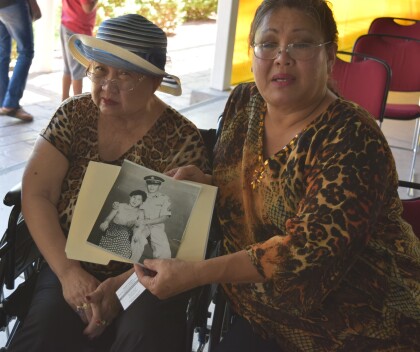
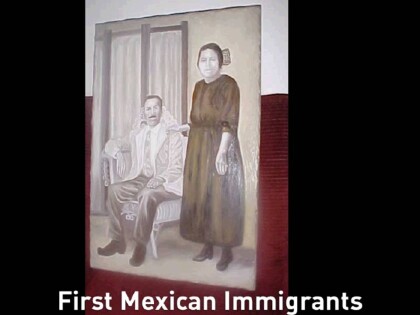
Comments
Add a comment